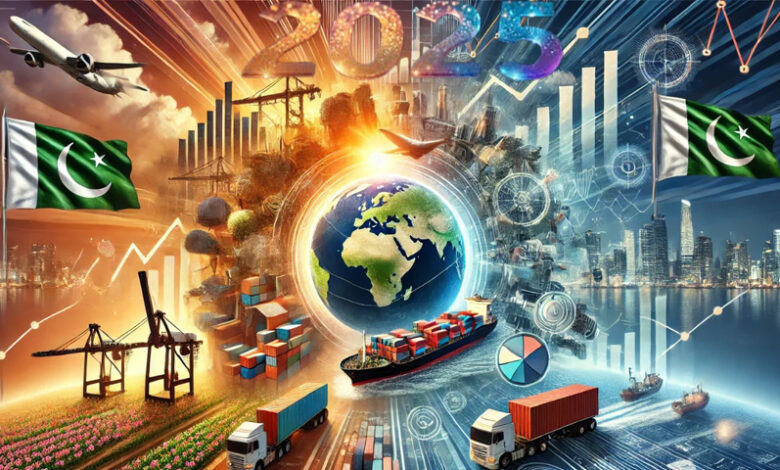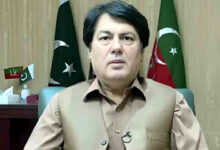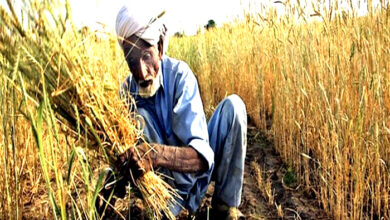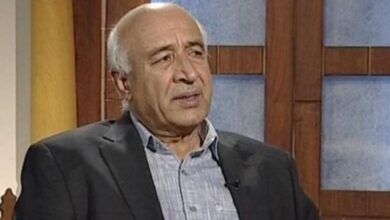Pakistan’s Economic Outlook for 2025: Experts Predict Stability Amid Challenges

Islamabad:Economists have labeled 2024 as one of the most challenging years for Pakistan’s economy, with the country facing severe political and economic instability throughout the year. Fears of a potential default loomed large, but by the end of the year, inflation showed signs of easing. Experts now predict that 2025 could bring a period of relative stability, provided the government continues its efforts to manage the country’s financial situation.
### Key Steps for Economic Stability in 2025, Experts Say
Several economists have outlined essential actions Pakistan needs to take in 2025 to maintain and further its economic recovery.
**Dr. Salman Shah** – A Promising Year with Focus on Key Reforms
Economist Dr. Salman Shah stated that 2024 was crucial for Pakistan’s economic stability, largely due to the agreement with the International Monetary Fund (IMF). He emphasized that 2025 will depend on Pakistan’s ability to continue its engagement with the IMF, particularly by completing the reviews in February and March.
“Once economic stability is achieved, the country must address its structural issues to achieve sustainable growth,” Dr. Shah said. He added that with stability, there would be opportunities for job creation and industrial growth, but these would require addressing global commodity prices, domestic agricultural production, and energy sector reforms.
**Aabid Sulaheri** – Long-Term Reforms and China’s Support Crucial
Economist Aabid Sulaheri explained that Pakistan’s economic future will depend on how well the country manages internal challenges and external relationships. He highlighted the importance of maintaining a strong relationship with the IMF to secure financial assistance, which can provide much-needed economic stability.
He also noted that Pakistan’s cooperation with China in the energy and environmental sectors could provide a vital opportunity, especially in the context of global carbon taxes. According to Sulaheri, the country’s economic growth will also hinge on long-term reforms in human capital, public investment, and digital transformation. If the government invests in these areas, Pakistan could modernize its economy and increase its global competitiveness.
**Kamran Murtaza** – Stability on the Horizon
Economist Kamran Murtaza pointed out that the government has already implemented several measures to control the economy, including managing inflation and stabilizing the exchange rate. “We have seen improvements in macroeconomic indicators, and it seems the government has done what was necessary to stabilize the economy,” he said.
Murtaza added that the government’s focus on boosting exports through programs like the “Udaan Pakistan” initiative could help improve the country’s foreign exchange reserves. However, he warned that any delays in IMF loan disbursements could negatively impact the country’s economic outlook.
**Shaharyar Aziz** – Oil Prices and Inflation Likely to Stabilize
Economist Shaharyar Aziz predicted that oil prices in 2025 would stabilize, which would help curb inflation, as rising fuel costs have been a major driver of inflation in the past. He also noted that the services sector might see price increases, particularly in education, healthcare, and banking, but the overall impact on the economy should be manageable.
Aziz also pointed out that the high inflation rates of recent years would likely affect corporate wage revisions, leading to higher labor costs. This will be something companies must take into account in the upcoming year.
### 2024 Price Trends: A Mixed Bag
According to the Pakistan Bureau of Statistics, the prices of essential goods like tomatoes, potatoes, pulses, and dairy products rose significantly in 2024. Meanwhile, the prices of onions, flour, and rice saw a decline. Additionally, fuel prices (petrol and diesel) decreased by 5 to 7 percent during the year.
### Conclusion
While 2024 posed many challenges for Pakistan, 2025 offers a potential for economic recovery, provided the government continues to implement sound economic policies and maintain its relationship with international financial institutions. However, political stability, global commodity price fluctuations, and energy sector issues remain significant challenges that need to be addressed in order to ensure long-term growth and stability.






